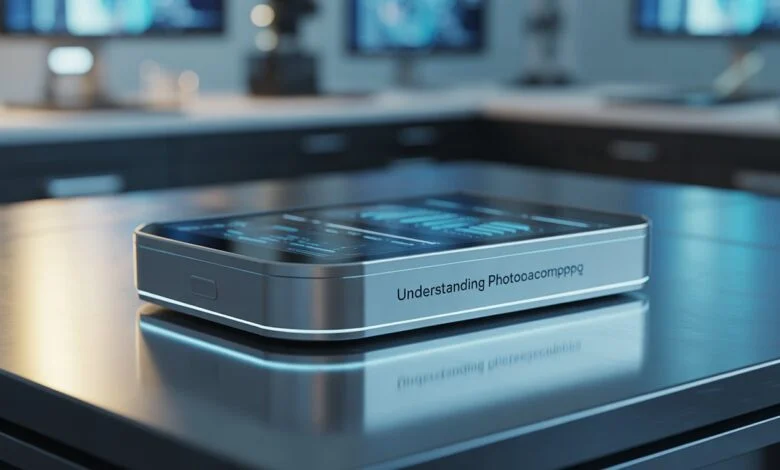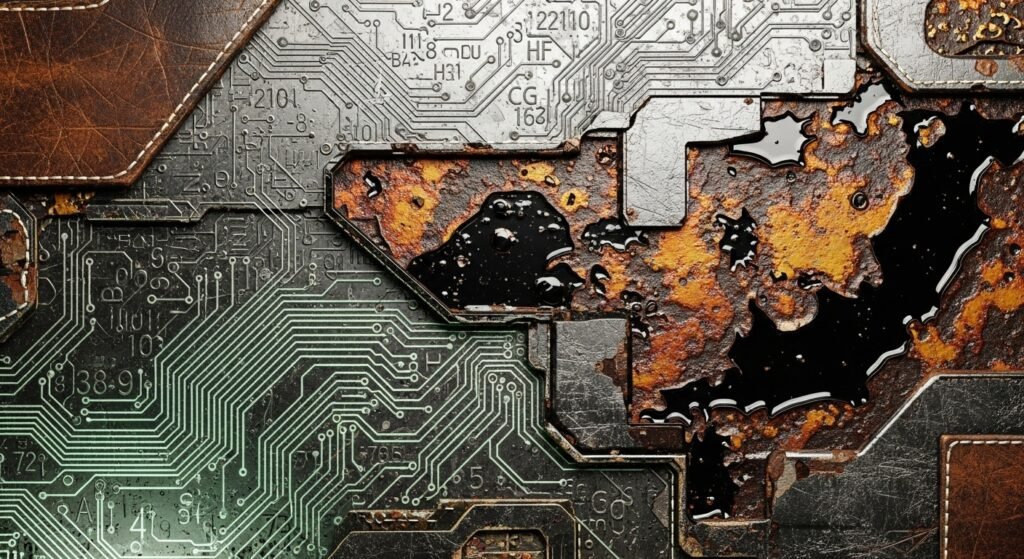1.5f8-p1uzt texture is a unique and fascinating concept that has been gaining attention in creative industries. Whether you are a game developer, digital designer, or a curious beginner, learning about 1.5f8-p1uzt texture can open new doors of imagination. At its core, this type of texture blends technical design with artistic vision. Understanding how to use it correctly can make a simple project stand out in a highly competitive digital space.
What is 1.5f8-p1uzt Texture
1.5f8-p1uzt texture refers to a specialized surface pattern or digital file that can be applied in 3D modeling, graphic design, and even gaming engines. Unlike ordinary textures, the 1.5f8-p1uzt texture has a layered composition. This means it can represent depth, roughness, gloss, or even natural materials in a highly realistic way. Because of this, many professionals rely on it to make their projects appear more detailed and visually appealing.
Why 1.5f8-p1uzt Texture is Important
The importance of 1.5f8-p1uzt texture lies in its ability to create immersion. When players enter a game world, they do not want flat, lifeless objects. They want surfaces that feel real, whether it is the wood on a cabin or the stone on a castle wall. 1.5f8-p1uzt texture makes this possible by adding the extra layer of realism. Designers also value it because it saves time. Instead of modeling every detail from scratch, they can apply 1.5f8-p1uzt texture to achieve the desired effect quickly.
The History of 1.5f8-p1uzt Texture

Although the name sounds modern and technical, the idea behind 1.5f8-p1uzt texture’s has roots in early digital design. Back in the 1990s, when 3D games were first being developed, creators struggled to add detail due to limited hardware. Simple pixelated textures were used. Over time, as computing power grew, new techniques like bump mapping, normal mapping, and procedural textures emerged. The 1.5f8-p1uzt texture’s builds upon this legacy by combining accuracy with creativity.
How 1.5f8-p1uzt Texture’s Works
To understand how 1.5f8-p1uzt texture’s works, imagine a blank 3D object such as a cube. By itself, the cube looks smooth and unrealistic. However, when you apply the 1.5f8-p1uzt texture’s, the cube suddenly looks like stone, wood, or even fabric. The magic happens because the texture file contains detailed information about how light should react when it hits the surface. This interaction between light and texture makes the object appear more natural.
Applications of 1.5f8-p1uzt Texture’s in Gaming
One of the most popular uses of 1.5f8-p1uzt texture’s is in video games. Game developers use it to design immersive environments where players can explore every corner with excitement. For instance, in a fantasy role-playing game, 1.5f8-p1uzt texture’s may be used on ancient ruins to make the stone blocks appear weathered. In a racing game, it may be applied to asphalt roads to reflect tire marks and dust. With such flexibility, it has become a core tool in the gaming industry.
Applications of 1.5f8-p1uzt Texture’s in Architecture
Beyond gaming, architects and interior designers also rely on 1.5f8-p1uzt texture’s. When presenting a project to clients, they use 3D models to showcase the design. Adding realistic textures like 1.5f8-p1uzt texture’s helps clients visualize how the final building will look. A wooden floor can be represented with high precision, while concrete walls appear rough and sturdy. This not only improves presentation but also builds trust with clients.
1.5f8-p1uzt Texture’s in Film and Animation
The film industry is another sector where 1.5f8-p1uzt texture’s shines. Animated movies and CGI-heavy films rely on it to bring imaginary worlds to life. Without detailed textures, characters and environments would appear flat. By using 1.5f8-p1uzt texture’s, creators can show every wrinkle on a character’s clothes or the shimmer on a metallic surface. This attention to detail helps audiences connect emotionally with the story.
Benefits of Using 1.5f8-p1uzt Texture

There are several benefits of using 1.5f8-p1uzt texture’s. First, it increases realism in digital projects. Second, it saves production time since creators do not need to build details manually. Third, it improves performance because textures are optimized for rendering engines. Finally, it enhances creativity by giving designers more options to experiment with different materials and surfaces.
Challenges with 1.5f8-p1uzt Texture‘s
Despite its benefits, 1.5f8-p1uzt texture’s does come with challenges. One common issue is file size. Because the texture contains detailed information, it can take up significant storage space. Another challenge is compatibility. Not all design software supports advanced textures, which may limit usage. Additionally, beginners may struggle to apply the texture correctly, leading to unrealistic results. Overcoming these challenges requires practice and proper tools.
Tools for Working with 1.5f8-p1uzt Texture‘s
To work effectively with 1.5f8-p1uzt texture’s, creators use a variety of tools. Programs like Blender, Maya, and 3ds Max are popular for 3D modeling. Game engines like Unity and Unreal Engine support 1.5f8-p1uzt texture’s natively. For editing textures, Photoshop and Substance Painter are widely used. Each tool offers unique features that make handling textures easier, whether you are applying, editing, or exporting them.
Best Practices for Using 1.5f8-p1uzt Texture‘s
When using 1.5f8-p1uzt texture’s, best practices can make a big difference. Always ensure the texture resolution matches the project requirements. For close-up views, high-resolution textures are needed, while for distant objects, smaller textures may be enough. Also, pay attention to lighting. A well-lit scene can make the texture stand out, while poor lighting can make it look flat. Finally, avoid overusing textures as this can make the project appear unnatural.
Future of 1.5f8-p1uzt Texture
Looking ahead, the future of 1.5f8-p1uzt texture seems promising. With advances in artificial intelligence, procedural generation, and real-time rendering, textures will become even more realistic. Virtual reality and augmented reality will also benefit from better textures, as they require high levels of immersion. This means that 1.5f8-p1uzt texture will continue to evolve, offering more tools for creators in the coming years.
Common Mistakes with 1.5f8-p1uzt Texture
While experimenting with 1.5f8-p1uzt texture, creators often make mistakes. One mistake is stretching the texture across an object, which can distort its appearance. Another mistake is forgetting to adjust scale, making surfaces look too big or too small. Beginners may also overlook the importance of normal maps, which add depth. Avoiding these mistakes can help projects look more polished and professional.
Learning 1.5f8-p1uzt Texture as a Beginner
For beginners, learning 1.5f8-p1uzt texture can feel overwhelming. However, the best way to start is by practicing on small projects. Applying the texture to simple objects like a table or chair allows you to see how it reacts to light and shape. Online tutorials and communities also provide valuable guidance. With patience and consistency, anyone can master the use of 1.5f8-p1uzt texture.
Read more: Is Wurduxalgoilds Good An Honest Review for 2025
FAQs on 1.5f8-p1uzt Texture
The main use of 1.5f8-p1uzt texture is to add realism and depth to digital projects like games, films, and 3D models.
Yes, beginners can start using 1.5f8-p1uzt texture by practicing on simple projects and gradually moving to complex designs.
Not all software supports advanced textures, but major programs like Blender, Maya, Unity, and Unreal Engine work well with 1.5f8-p1uzt texture.
1.5f8-p1uzt texture has more detail and layered data, making it more realistic compared to standard textures.
Yes, as technology advances, 1.5f8-p1uzt texture will play an even bigger role in VR, AR, and real-time rendering projects.


